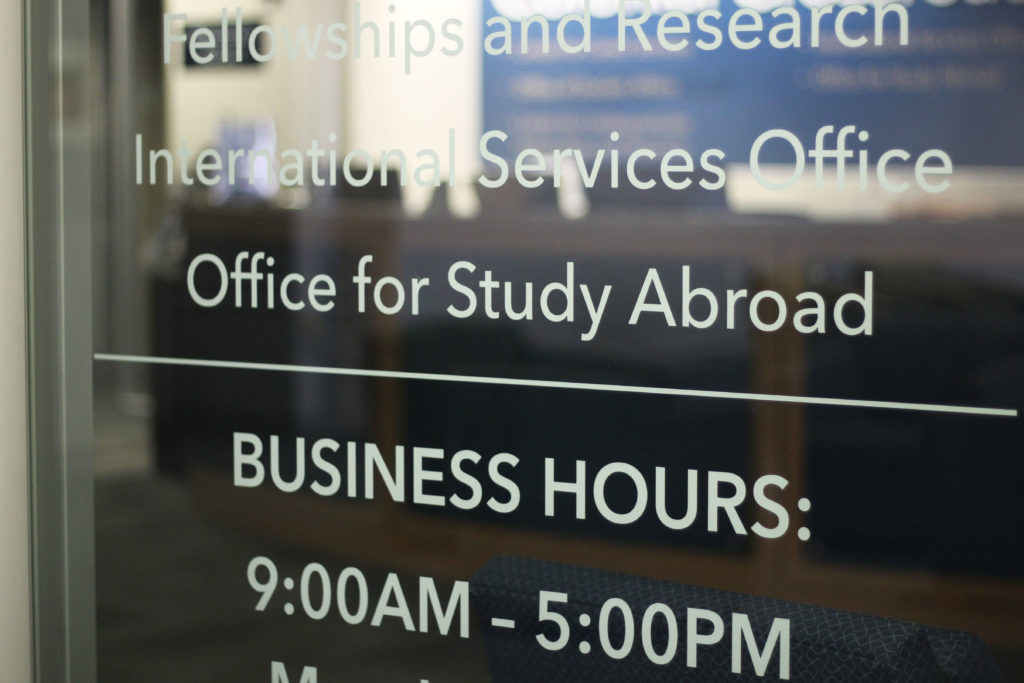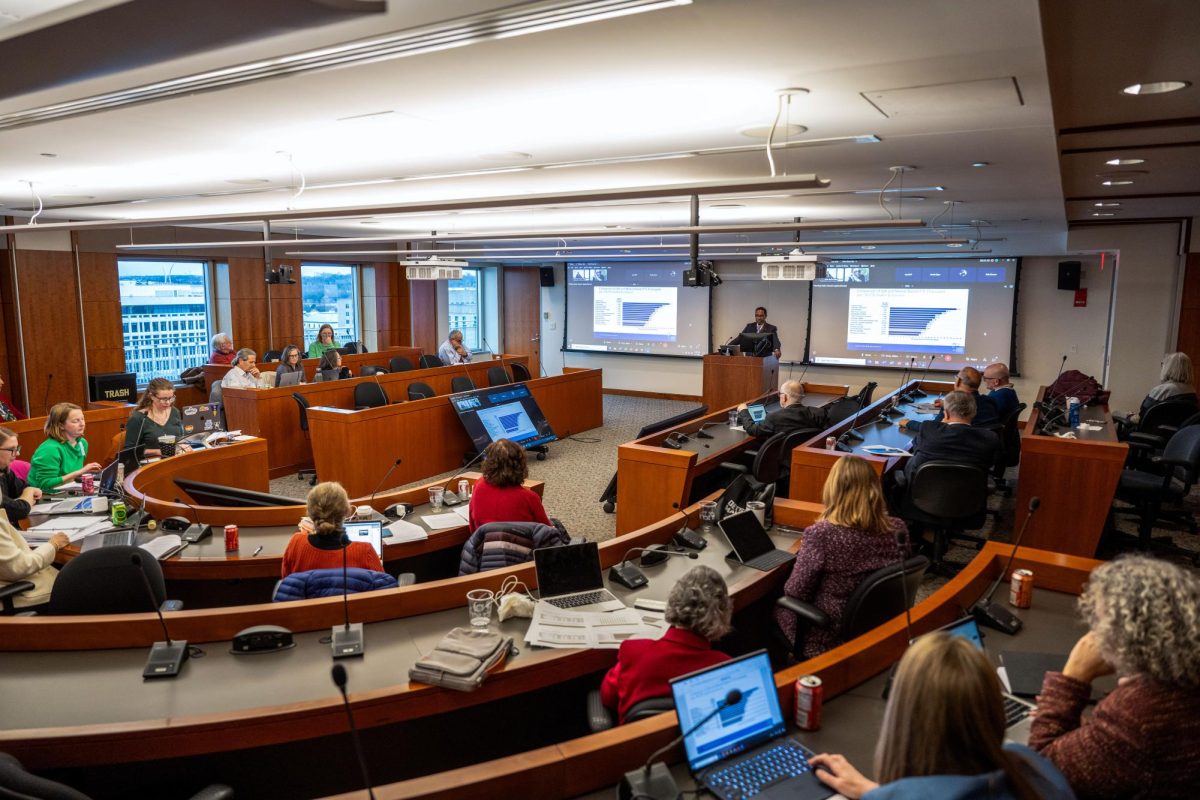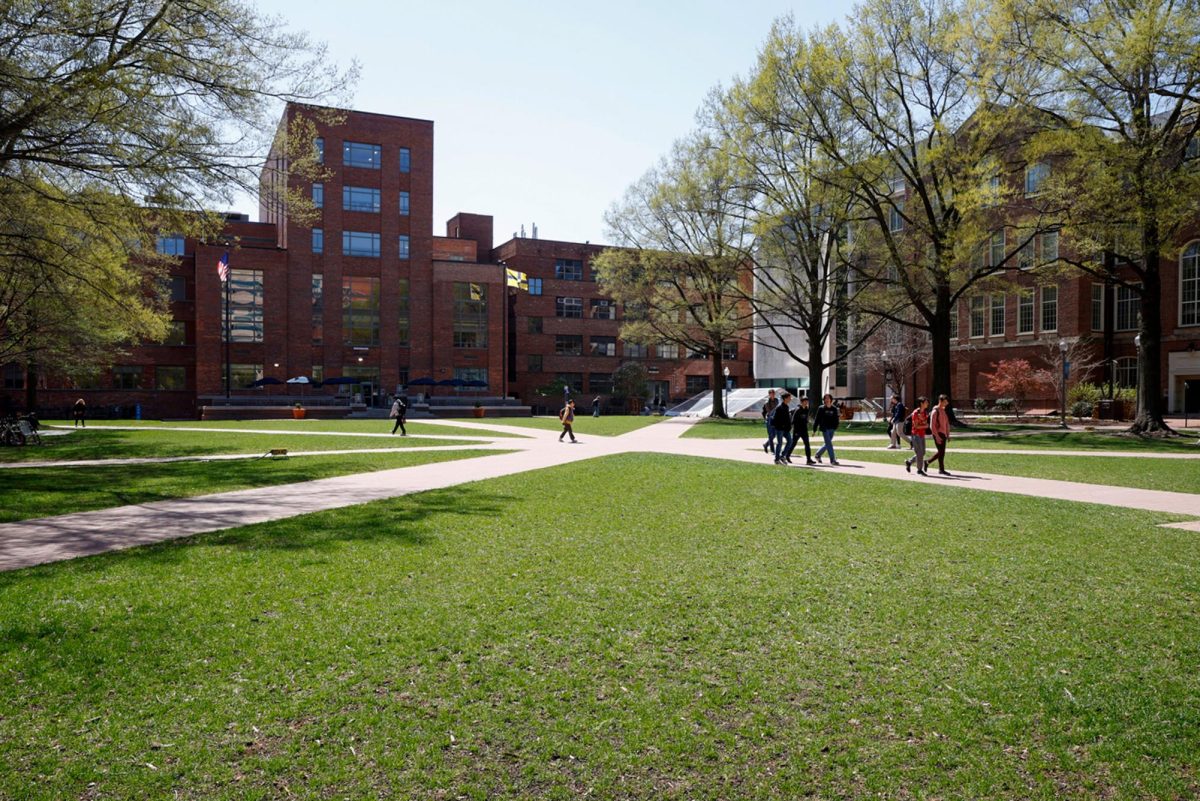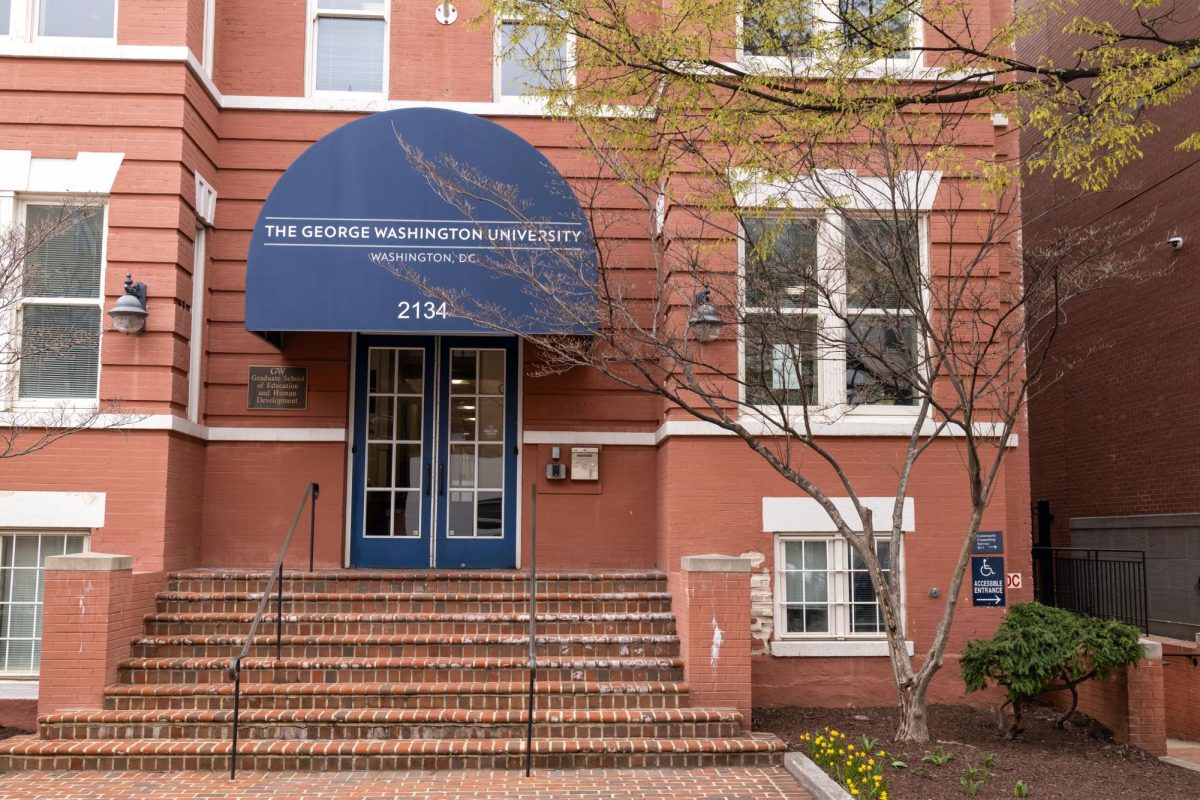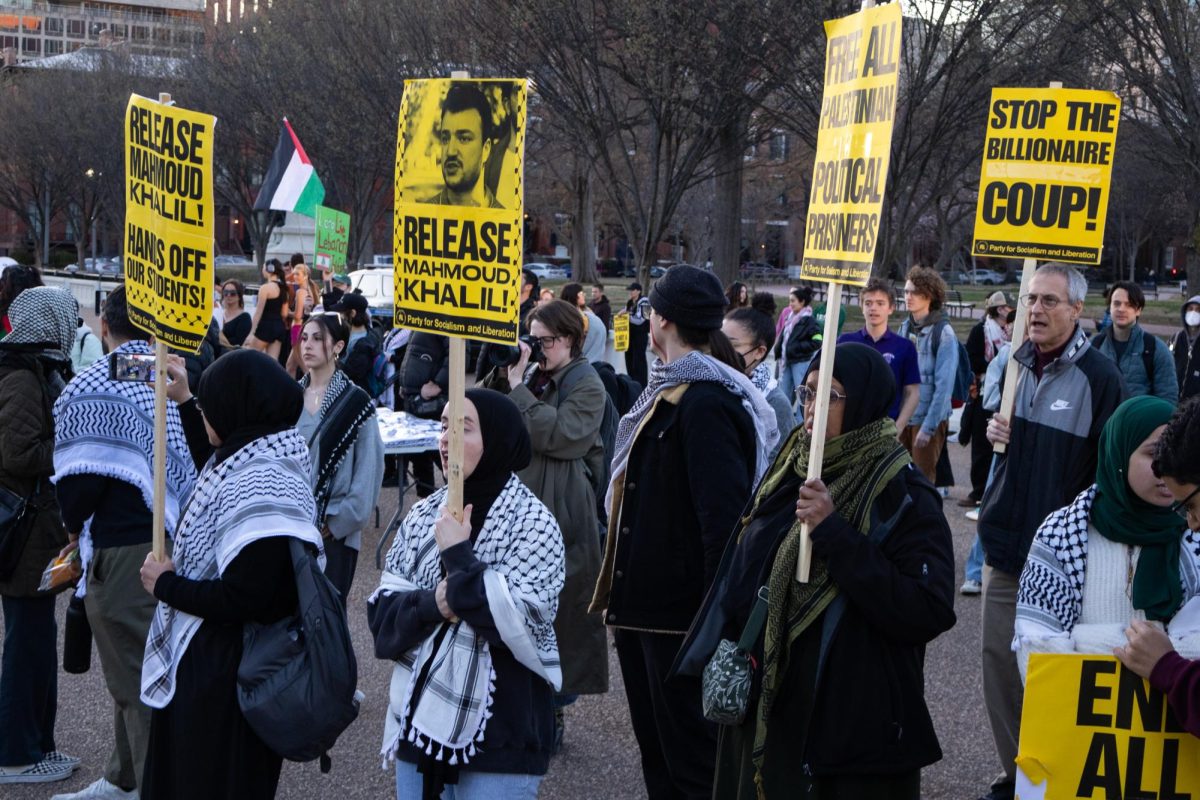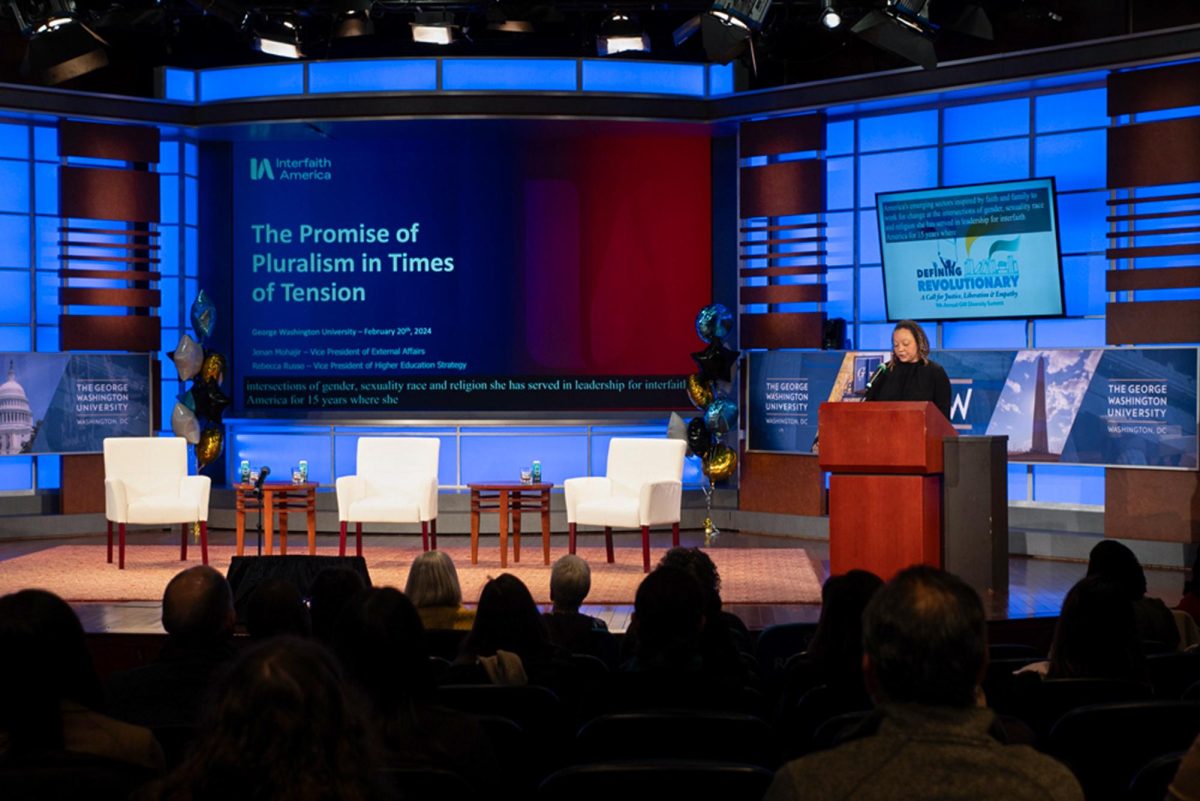Officials are bringing students studying abroad in Hong Kong back home and canceling classes amid ongoing protests about a now-retracted bill that would have allowed the Chinese government to extradite Hong Kong citizens.
Administrators at the Chinese University of Hong Kong, one of GW’s partner institutions for its Hong Kong study abroad programs, announced earlier this month that they are canceling classes for the remainder of the term. Donna Scarboro, GW’s associate provost for international programs, said the students studying at the school are “in transit” to other locations, and GW’s study abroad programs in Hong Kong will be suspended indefinitely.
“Spring programs in Hong Kong are suspended and we do not know at this time how long the suspension will last,” Scarboro said in an email.
Protesters barricaded themselves inside the school earlier this month and threw bricks and makeshift explosives to block riot police from entering. More than 1,000 protesters have been arrested, and more than 200 have been injured during the protests.
Scarboro said two students were enrolled at the Chinese University of Hong Kong and are now moving either to the United States or to another location “of their choice.” Three other students in Hong Kong at other institutions have departed or plan to depart soon, and no GW students have been harmed in the protests, she said.
She said students studying there this semester will still receive credit for their coursework this semester as long as they pass their classes and therefore will not need to be reimbursed for the program’s sudden end.
“CUHK is working with students to allow them to finish their semester remotely,” she said.
Study abroad experts said student safety is a top consideration in university-sponsored programs but added that terminating a study abroad program because of civil unrest is unusual because most situations do not warrant such a significant response.
Amy Klinger, an associate professor of education at Ashland University in Ohio, said administrators face a dilemma between giving students autonomy to make their own decisions about staying in a program and ensuring their safety.
“I think the administration has to err on the side of keeping the students, keeping the kids where we know they can be safe, as opposed to sending them off to a place where they have no jurisdiction,” she said.
Klinger said officials’ decision to cancel programs in light of protests is “situational” and should be based on clear, established safety and security protocols that determine at what point student safety is in jeopardy.
Police have beaten and shot protesters with rubber bullets and, in turn, have received burns after protesters splashed them with a corrosive liquid, NBC News reported last month.
Lauren Prema, the assistant director of the Center for International Education at Salem State University in Massachusetts, said administrators at her school are “constantly monitoring activities around the world” to determine whether students will be safe in the countries where they are studying abroad.
Prema said her office also takes U.S. State Department travel advisories into account when considering students’ safety abroad, especially in countries like Liberia, which the State Department considers to be a “high risk” location.
“If a program is high-risk at the State Department, then we’d have really intense risk management, like a full profile done of the area,” she said. “We have the faculty leaders do a full profile for risk assessment.”
State Department officials issued a travel warning earlier this month to American citizens who intend to travel to Hong Kong.
Prema said study abroad offices must also take into account other factors aside from student safety concerns when deciding whether to terminate or suspend a program. She said cultural, ethical and health considerations all factor into the overall “environmental safety” of an area.
Prema said members of her office have considered the moral implications of sending students into an area of Poland with anti-LGBTQ protests, for example, because the school’s values include promoting the LGBTQ community. She said officials ultimately decided to continue offering study abroad programs in Poland because the protests did not continue to escalate.
“We were considering whether or not it would be ethical to send our students to an area that went against our university’s ethics,” Prema said.
Prema said it is “pretty rare” for students to be evacuated mid-way through a semester, like with the CUHK case. She cited examples of recent terrorist attacks in Paris and London, where students faced threats to their safety and did not need to leave their programs early.
“Study abroad programs didn’t cancel after that, and that was a serious atrocity,” she said.


